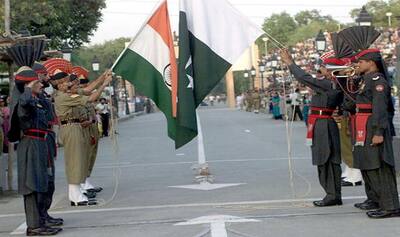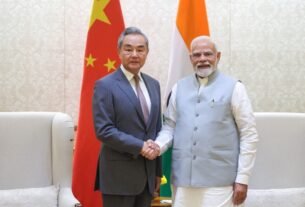A heartbreaking tragedy in the tranquil town of Pahalgam has shaken the soul of India. Twenty-six lives — many of them tourists simply seeking peace in the serene mountains of Kashmir — were stolen in a violent gun attack that has not only scarred the region but reignited deep political fault lines between India and Pakistan.
In the wake of the bloodshed, India has taken a series of stern actions that signal the gravity of its response. The nation has shut down its main border crossing with Pakistan, suspended the historic Indus Water Treaty, and expelled Pakistani diplomats. Visa holders from Pakistan have been told to leave within 48 hours. These moves, the government says, are a direct response to what it believes is Pakistan’s indirect complicity — a charge that Islamabad strongly denies.
Prime Minister Narendra Modi didn’t mince words. “Our resolve to fight terrorism is unshakable,” he posted on X. “Those behind this heinous act will be brought to justice.” His words reflect the collective grief and anger of a nation mourning innocent lives, many of whom had only come to admire the beauty of Kashmir — a land often described as heaven on earth.
But behind the headlines and diplomatic standoffs lie the human stories — the families who lost fathers, mothers, sons, and daughters. Hotel owner Akib Chaya, his voice trembling, said: “We cannot get over the fact that such an incident has occurred, and that too in the place we call heaven on earth. Tourists have been coming to Kashmir for decades — and they have never been touched.”
The scene in Pahalgam was described by survivors as sheer horror. Some say the attackers specifically targeted non-Muslim tourists, while others reported indiscriminate gunfire. Among the victims was also a local Muslim man, underlining that terror knows no religion.
For India and Pakistan, whose relationship has long been strained over the disputed region of Kashmir, this incident could be a turning point. The Indian Defence Minister, Rajnath Singh, warned that India’s response would not just target those who pulled the trigger, but also those “behind the scenes” — fueling the flames of terror from across borders.
Pakistan, for its part, has expressed condolences and convened its National Security Council to discuss a response. But for the people living in the shadow of these decisions, especially in Kashmir, fear and uncertainty now hang thick in the air.
What was meant to be a peaceful vacation for many has ended in tragedy. As families bury their loved ones and leaders trade accusations, one hope remains — that the shared grief of innocent bloodshed might one day lead to a future where no family, on either side of the border, has to suffer such loss again.
Because in the end, behind every policy and every retaliation, there are people. And people — not politics — pay the highest price.




